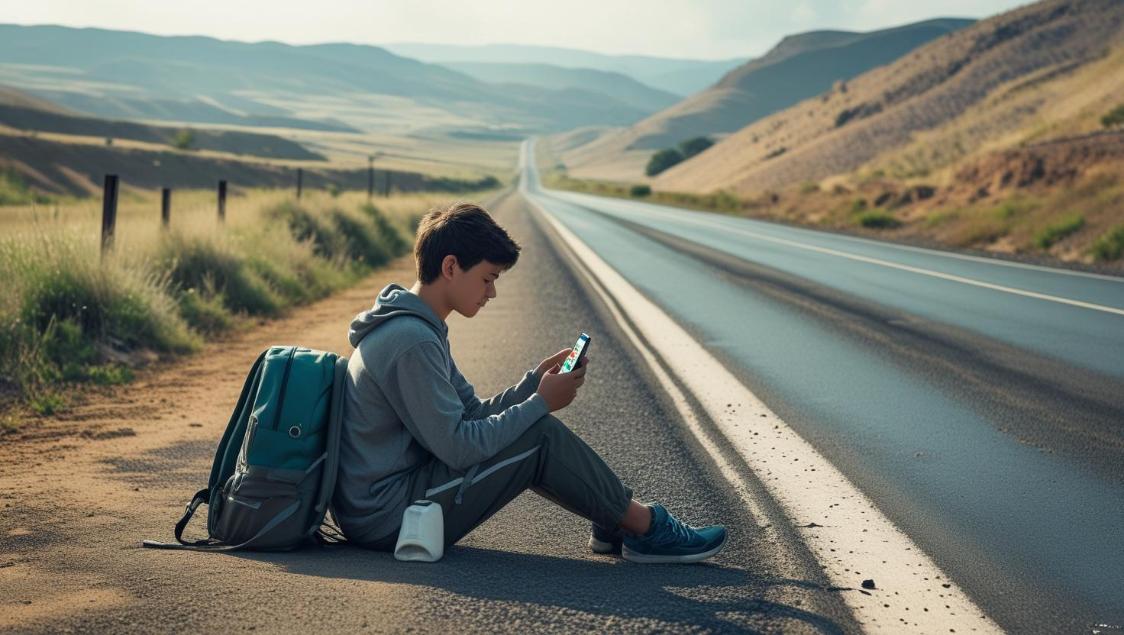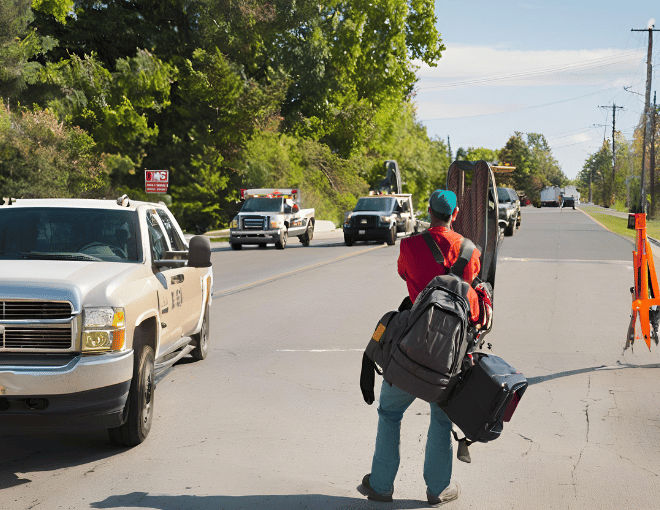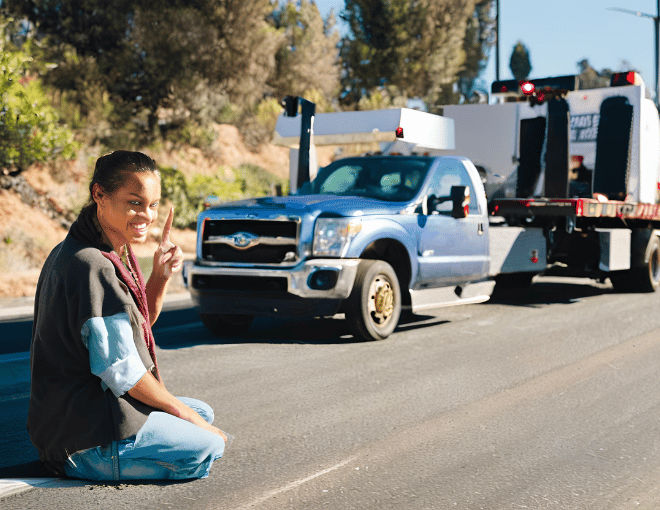
Just as you first give yourself oxygen on the plane and then your children, it is important as a leader that you take a holiday. You may even learn the importance of taking a break as great leaders do in this Leadership Blog.
Vacation is giving oxygen to yourself. Your holiday can be difficult in the short term for the people who stay behind. In the long run, they get a charged and healthy leader full of energy back.
We had just crossed the border into France when a colleague called for the first time: Help! The server is down! We can’t work anymore.
Holiday interrupted
I was 25 years old when I became the director of a small non-profit organization. Not much had been arranged yet. We didn’t have that many cents yet, but we did have a lot of energy and a clear goal.
As a result, leaving quietly on holiday was rarely an option. That server regularly went down. Or we suddenly got a lot more new customers. We decided to evaluate an employee negatively just before my leave and that caused a lot of hassle afterward. And one time an employee called me awake with the message that the money had run out.
The result: stressful holidays in those early years. Take beautiful walks in the woods with the family while giving instructions on how to restart a server over the phone. Visiting a town but actually secretly looking for the local internet café. Waking up next to the pool and having 7 missed calls from the professional home front.
To be honest, there were also years in which I had no desire for the hassle that vacation entailed. Then we had our staycation and holiday interrupted.
Not a good idea. 5 tips to do it differently.
Tip 1: Take a holiday anyway: 3 Weeks to get into Flow.
It seems so obvious: Take a vacation anyway. So a lot of people with responsibility don’t do it. One in 3 Britons does not even take their paid leave. And in Japan, people take 8 days of leave every year.
Once a leader jokingly told me the truth: Vacation?! Blessed! That is the period in which I can finally continue to work!
In many leaders of social organizations, I also see the reflex not to take their leave or to take half of it. And there are often good practical reasons for this. Sometimes also financially.
Long-term oxygen
But just as you first give yourself oxygen on the plane and then your children, it is important that you take a holiday. Even if that is against the interests of your organization and also if your To Do list is not finished. Vacation is giving oxygen to yourself. Your holiday can be difficult in the short term for the people who stay behind. In the long run, they get a charged and healthy leader full of energy back. Those who take a holiday come back more engaged and creative.
The ideal length
But what is the ideal length of a holiday? There are many studies on this that contradict each other. All of them are looking for the “bliss point”. How you achieve that is very personal and also depends very much on how you take a holiday.
If I look at my own holiday behavior, I need 7 days to kick off the adrenaline and cortisol. The first 7 days of my holiday I am a bit grumpy. I still wake up early and focused on “what are we going to do”? Only on day 8 can I start relaxing and slowing down: Reading a book, strolling, and doing nothing. Dopamine kicking in! Around the 15th day, I become curious and creative. Then I start writing myself and the ideas flow. I really need 3 weeks to get into “Flow”. It is that Flow that you want to achieve as a leader on holiday. Because your organization also enjoys that.
ALSO READ: Shenandoah National Park Launches App to Provide Info about Campsite Availability
Tip 2: Prepare for things to go wrong
Of course, you hope that everything runs perfectly during your holiday and that no one notices your absence. Preferably prepare for the worst: Make a list of possible worst-case scenarios and plan the “unexpected” emergencies. Map out the dependencies of others on you. Because it is they who will call you if things go wrong or become urgent.
Discuss these scenarios with your employees and colleagues and give clear instructions on what they have to do in which scenario. Preferably you put your instructions on paper and make a report of your meeting. This way you remind people of the fact that they better not disturb you but should follow the instructions.
Tip 3: The management never goes on leave at the same time
Responsibility for an organization is always shared. Even if you are the only employee, there is always a director, owner, colleague, chairman or super volunteer who also takes responsibility.
At Strategies And Leaders we discuss the leave wishes of all partners for the summer holidays in March of each year. So you talk about taking leave. And someone has to make the puzzle, alone or together. The golden rule here is that at least one person who can take responsibility is present while the others are on leave.
The leadership never goes on leave at the same time. Is that really not possible? Then collective leave for the entire organization is an option.
Tip 4: Document for those left behind
In fact, you always have to do this: create reports, store documents on the server, and input contact details into your CRM. In this way, access to information among colleagues does not become dependent on each other.
But certainly, during your leave you do not want to be disturbed by questions such as “where is form X” and “do you have Mrs. Y’s phone number”?
If you are a poor documentation student during the rest of the year, map out the most important projects and clients for your own rest and health before your leave, centralize all documents and make sure that your colleagues get all the contact details they need.
Tip 5: Make clear agreements about how you can and can be contacted during your holiday
Sometimes it is inevitable and someone still needs you during your holiday. Talk to your colleagues about in which situations this may happen and when this may not.
But also determine the modalities of how someone contacts you. For example, you want to be able to turn off your smartphone on leave with peace of mind at regular intervals.
I usually make the agreement that in case of urgency I can only be contacted by smartphone by SMS and this is between 9 am and 9.30 am. The message must therefore contain some explanation. I then call back at a time and at a location where it suits me.






